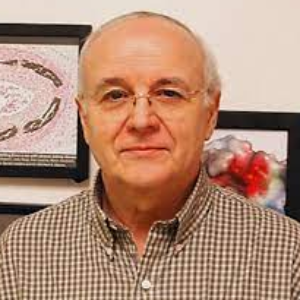Abstract:
S tromal cells and growth factors play important roles during tumor initiation and progression. Growth factors not only mediate normal biological processes such as development and tissue repair but also tumorigenesis by contributing to proliferation and transformation in neoplastic cells. It is essential in the clinical setting that targeted therapies are to circumvent multistage tumorigenesis, including genetic mutations at the different growth factor receptors, tumor neovascularization, chemoresistance, immune-mediated tumorigenesis and the development of tissue invasion and metastasis. Firstly, the cell-surface molecular signaling platform will be described in controlling Neu1 sialidase activity, and discuss its relevance in cancer cell signaling. Neuraminidase-1 (Neu1) has recently emerged as a central target in sialidase-mediated regulation of tumorigenesis. Recent evidence indicates that Neu1 plays a much more profound role in human cancers than previously expected. Second, the current understanding of Neu1 activity associated with cancer development will be summarized, and outline the key roles of Neu1 during various stages of tumorigenesis, including regulation of growth factor receptor signaling, control of TOLL-like receptor (TLR) signaling and immune-mediated tumorigenesis, regulation of epithelial-mesenchymal transition (EMT), metastasis and acquired chemoresistance, and regulation of tumor vascularization.




